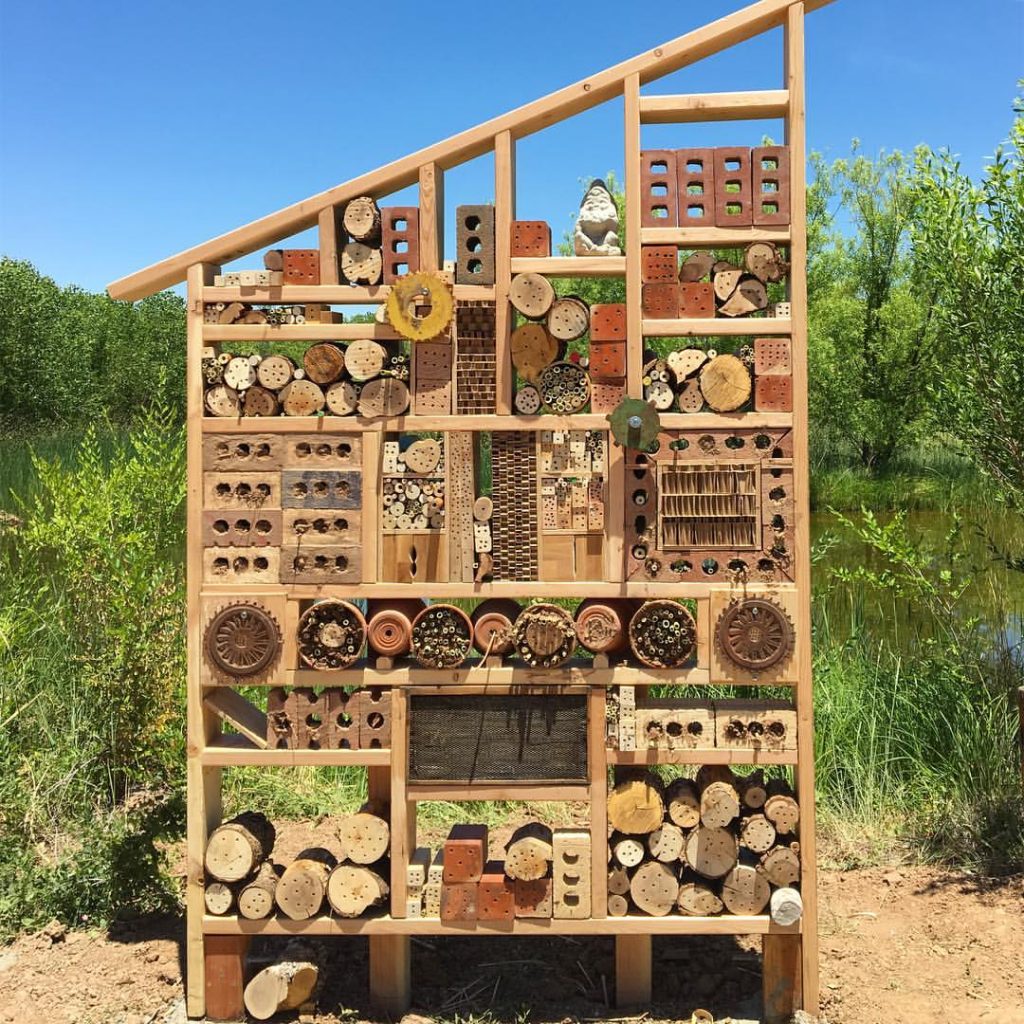Do Deer Eat Wandering Jew
If you live in an area where deer roam free, you know the frustration of trying to keep your garden intact. You work hard, planting and caring for your plants, only to wake up one morning to find that they've been eaten by hungry deer. It's a common problem faced by many gardeners, and if you have wandering jew in your garden, you may be wondering if it's on the deer's menu as well.
Deer are known for their voracious appetites, and they will eat just about anything they can get their teeth on. Wandering jew is a plant that many gardeners love for its beautiful purple and green leaves, but it's also a plant that deer find very palatable. If you have wandering jew in your garden, it's likely that deer will make a beeline for it.
The answer to the question of whether or not deer eat wandering jew is a resounding yes. If you have wandering jew in your garden, you can be sure that it will be a target for deer.
In conclusion, if you want to keep wandering jew in your garden and you also want to keep deer out, you'll need to take steps to protect your plants. There are a number of strategies you can use, including using deer repellents and physical barriers.
Do Deer Eat Wandering Jew: Understanding the Target
As mentioned earlier, wandering jew is a plant that many gardeners love for its beautiful foliage. It's a plant that is native to South America but is now commonly found in gardens all over the world. Despite being a popular plant among gardeners, wandering jew is also a favorite food for deer. If you have wandering jew in your garden, you'll need to take steps to protect it from being eaten by deer.
One personal experience that I have had with wandering jew and deer is that I planted it in my garden one year and woke up the next morning to find that it had been completely eaten by deer. It was a frustrating experience, but it taught me the importance of taking steps to protect my plants.
Deer Repellent for Wandering Jew
If you want to protect your wandering jew from deer, one option is to use a deer repellent. There are a number of deer repellents on the market that can be effective at keeping deer away from your plants. Some of the most popular deer repellents include sprays that contain natural ingredients like chili pepper and garlic, as well as motion-activated sprinkler systems that spray water when deer approach your garden.
Physical Barriers for Wandering Jew
Another option for protecting your wandering jew from deer is to use a physical barrier. Fencing is one of the most effective ways to keep deer out of your garden, but it can also be expensive and time-consuming to install. Another option is to use netting or mesh to cover your plants. This can be an effective strategy for smaller plants, but it may not work as well for larger plants.
Plant Alternatives
If you're looking for an alternative to wandering jew that is less attractive to deer, there are a number of options available. Some plants that deer tend to avoid include lavender, sage, and rosemary. These plants have strong fragrances that deer find unappealing. Other options include daffodils and tulips, which are toxic to deer.
Question and Answer Section
Q: Are there any other plants that deer tend to avoid?
A: Yes, there are a number of plants that deer tend to avoid. Some examples include lavender, sage, and rosemary. These plants have strong fragrances that deer find unappealing. Other options include daffodils and tulips, which are toxic to deer.
Q: Can I use a deer repellent on all of my plants?
A: While deer repellents can be effective, they should be used with caution. Many repellents contain natural ingredients that can be harmful to certain plants or even to pets. It's a good idea to read the label carefully and to test the repellent on a small area of your plant before using it on the entire plant.
Q: Can I use a physical barrier to protect all of my plants?
A: Physical barriers can be effective, but they can also be expensive and time-consuming to install. If you have a large garden, it may not be practical to install fencing or netting around all of your plants. A better option may be to focus on using barriers to protect your most vulnerable plants.
Q: Are there any other strategies I can use to keep deer out of my garden?
A: Yes, there are a number of other strategies you can use to keep deer out of your garden. Some options include using motion-activated sprinkler systems, planting deer-resistant plants, and using scare tactics like noise-makers or shiny objects to frighten deer away.
Conclusion
If you have wandering jew in your garden, it's important to understand that deer are likely to find it very palatable. To protect your plants, you'll need to take steps to keep deer out of your garden. This can include using deer repellents, physical barriers, or planting deer-resistant plants. By taking these steps, you can help ensure that your garden stays beautiful and free from hungry deer.
Gallery
Top 10+ Do Deer Eat Wandering Jew Plants

Photo Credit by: bing.com /
Top 10+ Do Deer Eat Wandering Jew Plants

Photo Credit by: bing.com /
What Do Deer Not Eat - WHADOQ

Photo Credit by: bing.com / resistant squirrels rabbits shoal don perennials kavanaugh lilian
What Plants Do Deer Eat - Avoid These At All Costs!

Photo Credit by: bing.com /
Do Deer Eat Vegetables(Carrots, Tomatoes, Cabbage, Potatoes, Mushrooms)

Photo Credit by: bing.com / deer carrots tomatoes